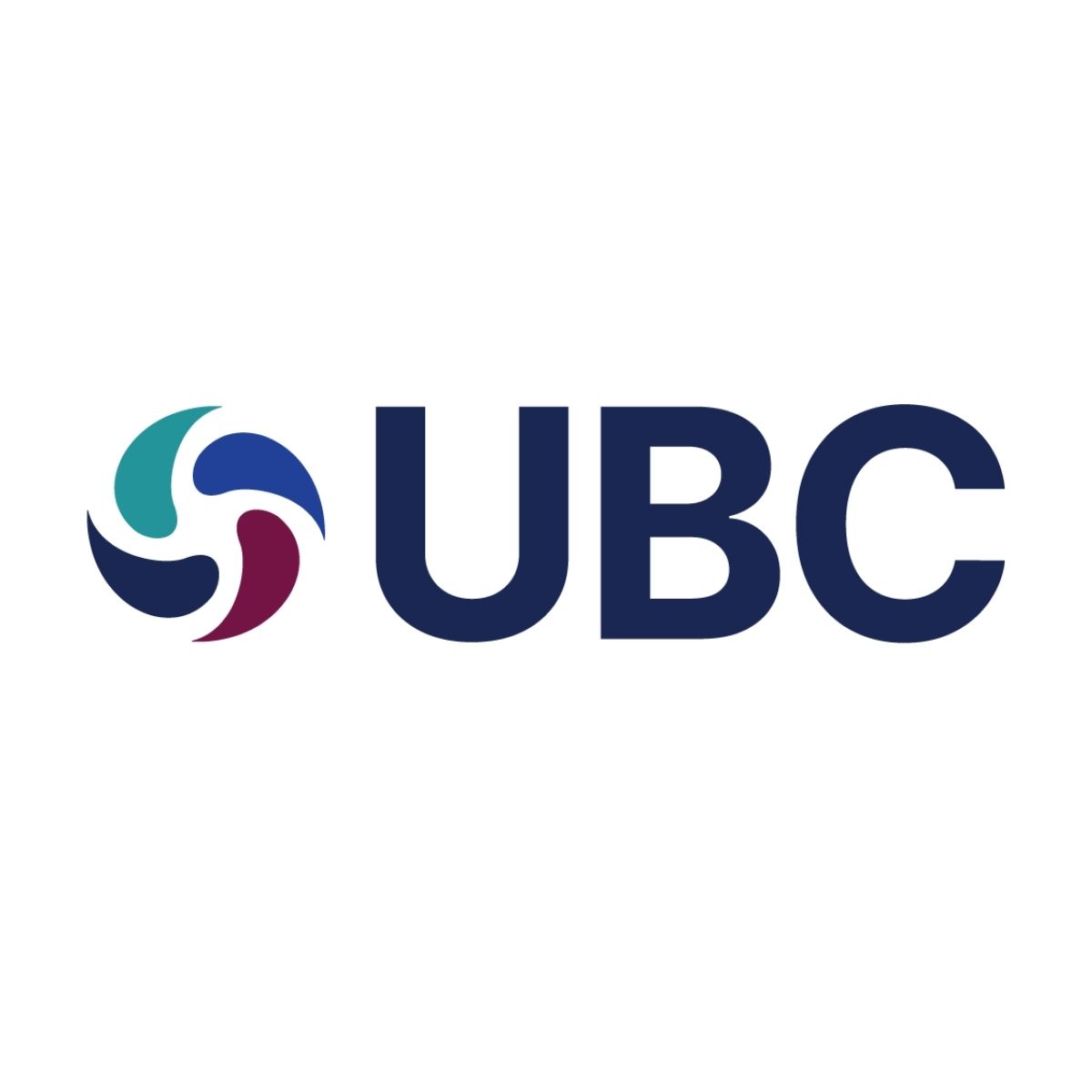The UBC Gene Therapy Registry Team undertook a highly successful collaboration in the conduct of a prospective observational registry of patients with Spinal Muscular Atrophy (SMA). The program successfully enrolled approximately 300 patients into the global registry within an initial two-year period, which produced robust data used to meet regulatory objectives, inform SMA experts, and support publications. This data has ultimately contributed to more thoroughly understanding the efficacy and safety of advance therapies for SMA.
SMA is a neurogenetic disease affecting the central nervous system, peripheral nervous system, and voluntary muscle movement (skeletal muscle). SMA most often affects babies and children and makes it hard for them to use their muscles, and children can have trouble controlling head movement, sitting without help, and even walking. In some cases, they can have trouble swallowing and breathing as the disease gets worse. The main objective of this registry is to assess the long-term outcomes of patients with a diagnosis of SMA in the context of advances in treatment options.
SMA used to be one of the most common genetic causes of infant mortality. New disease-modifying treatments have changed the disease trajectories and the best results are seen if treatment is initiated in the pre-symptomatic phase of the disease. Systematic real-world data collection and additional clinical trials are needed to fill evidence gaps concerning safety and efficacy. The data that has and will be gathered in this registry is ambitiously addressing evidence needs for the SMA community at large.
The Gene Therapy Registry Team is a cross-functional team that has worked daily for over two years to propel the registry forward. This includes work in engaging the SMA community, effectively onboarding global institutions, driving data-sharing partnerships, and disseminating the knowledge gained from the data.
UBC is proud of the work the Gene Therapy Registry Team has performed in combatting such a debilitating disease. This well-earned recognition highlights the important efforts that go on, often unnoticed, to effect change against rare diseases. To learn more about how we can generate evidence for the safety and efficacy of your therapy.






